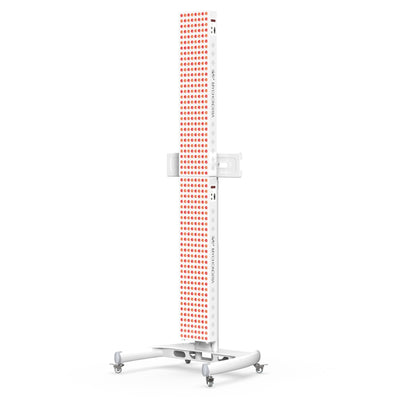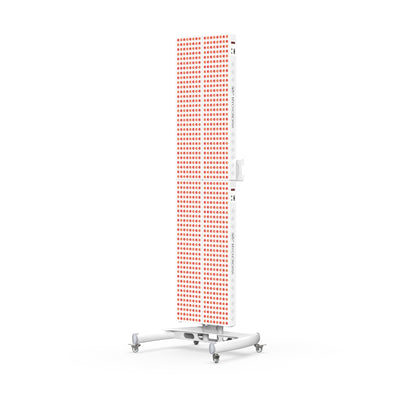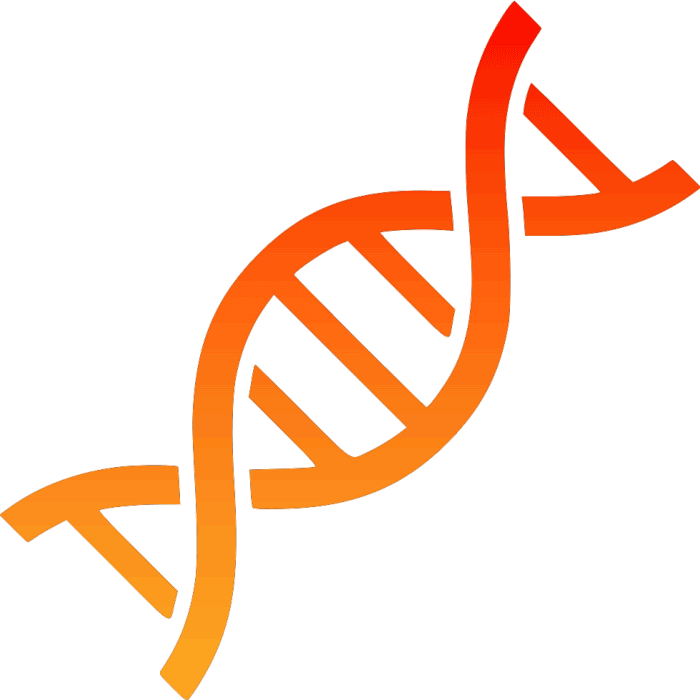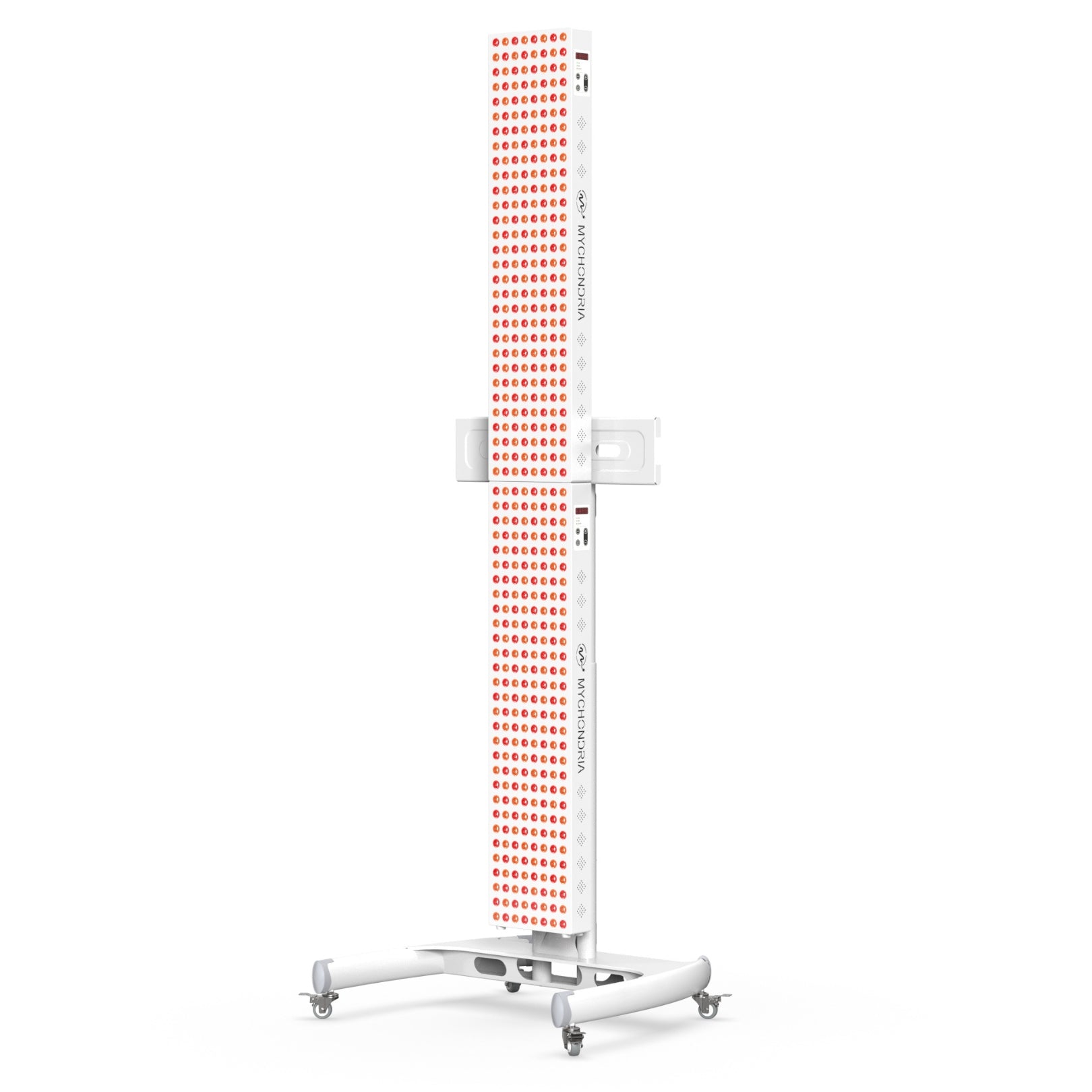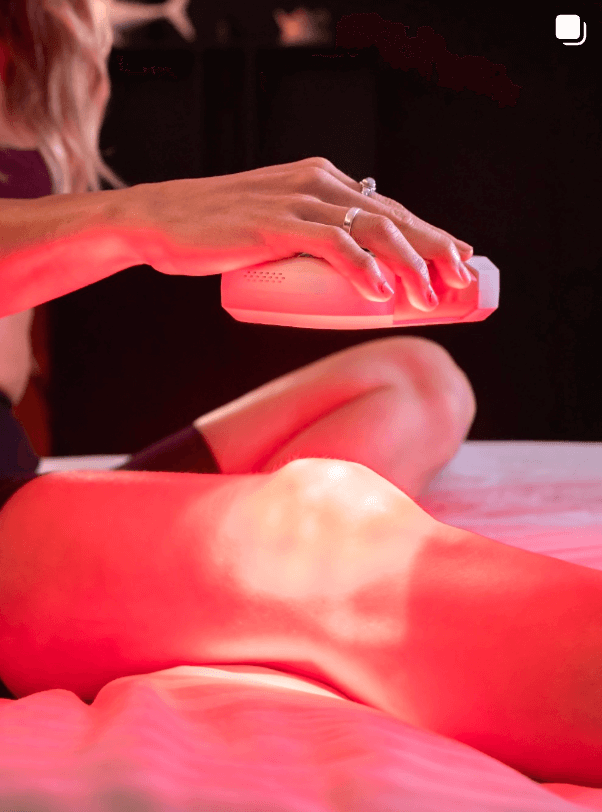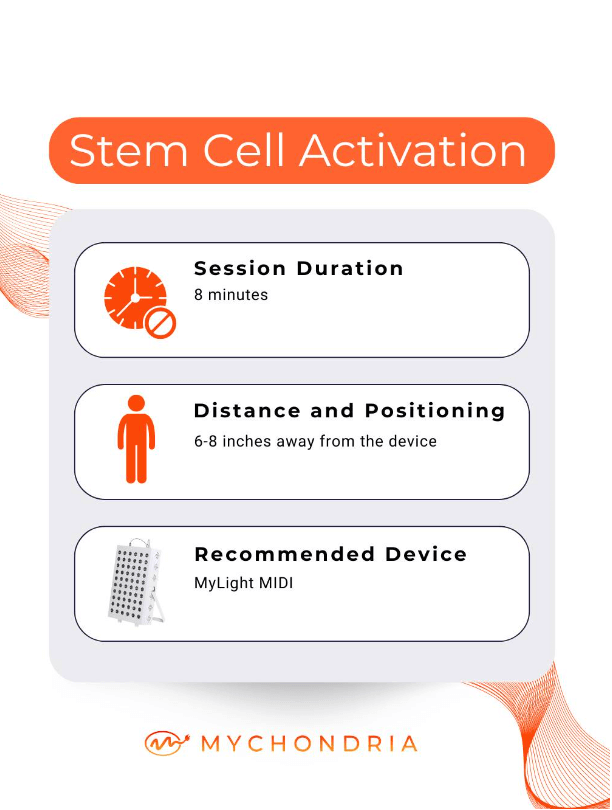The Biophilia Hypothesis : the theory that humans possess a tendency to seek connections with Nature and other forms of life.
In our increasingly fast-paced and technology-driven world, the importance of connecting with Nature and prioritizing mental and physical well-being has become more evident than ever.
Eco-psychology, a branch of psychology which focusses on our relationship with Nature, offers a view on the impact of Nature on our health and wellness.
This article explores the profound effects of eco-psychology on our overall well-being and highlights the emerging role of red light therapy as a positive tool in enhancing our connection with Nature.

Understanding Eco-Psychology
Eco-psychology is based on the fundamental idea that human beings are an integral part of the natural world and that our well-being is linked to the health of the environment.
It recognizes the therapeutic benefits of Nature, and that immersing ourselves in natural environments can positively affect our mental, emotional, and physical health.
The rapid urbanization and digitalization of our lives have led to a sedentary lifestyle, increased stress levels, and a rise in mental health disorders.
Numerous studies have demonstrated the positive impact of exposure to nature on stress reduction, improved mood, increased creativity, enhanced cognitive function, and better overall psychological well-being.
Nature has a way of restoring our attention, replenishing cognitive resources, and reducing mental fatigue, allowing us to experience a sense of calm and rejuvenation.
When we are deprived of these connections, our physical and mental health suffers.
Incorporating eco-psychological practices into our lives, such as spending time in natural settings, gardening, or even engaging in ecotherapy, can help restore the vital connection between humans and the natural world.
5 Simple Methods to Improve Your Eco-Psychology

Improving your eco-psychology involves making choices that create a deeper connection with Nature.
Here are 5 simple ways you can enhance your eco-psychology:
• Get Outdoors - Engage in activities like hiking, gardening, or simply taking a leisurely walk to connect with the natural world.
• Practice Mindfulness in Nature - Engage your senses, observe the details around you, and embrace the sights, sounds, and scents of nature. Allow yourself to experience a deep sense of connection and appreciation for the natural world.
• Connect with Like-minded Individuals - Engage in discussions, participate in community initiatives, and exchange ideas for fostering a stronger connection with Nature.
• Practice Conservation and Sustainability - Adopt sustainable practices in your daily life to reduce your ecological footprint.
Red Light Therapy: An Empowering Tool

One of the significant advantages of red light therapy is its potential to bridge the gap between urban living and our natural environment.
While it isn't a complete replacement for natural sunlight, red light therapy can provide a beneficial supplemental tool in promoting health and well-being.
Physical Health Benefits
Red light therapy has shown promising results in various physical health domains. It can accelerate wound healing, reduce inflammation, relieve pain, improve skin health, and enhance muscle recovery.
By harnessing the power of red light, this therapy promotes cellular regeneration and optimizes the functioning of mitochondria, the energy powerhouses of our cells. This, in turn, can improve overall vitality and physical resilience.
Mental and Emotional Well-being
In addition to its physical benefits, red light therapy also holds promise for mental and emotional well-being.
Studies suggest that exposure to red and near-infrared light can enhance mood, alleviate symptoms of depression, reduce anxiety, and improve sleep quality. The therapy stimulates the release of endorphins and serotonin, neurotransmitters responsible for feelings of happiness and well-being.
The combination of red light therapy with elements of Nature creates a synergistic effect, enhancing the overall experience and efficacy of the treatment.
The therapy can be accompanied by nature sounds, aromatherapy with natural essential oils, or visual imagery of natural landscapes, further deepening your connection to the environment.
Conclusion
Eco-psychology and red light therapy offer complementary approaches to improving health and well-being in our modern world. By recognizing the interdependence of humans and Nature, we can harness the therapeutic benefits from it, and the healing potential of red light therapy.
Integrating eco-psychological principles into red light therapy practices allows for a more holistic approach, enhancing the overall therapeutic experience and promoting a deeper connection to the natural world.
As we navigate the challenges of the 21st century, embracing eco-psychology and red light therapy can empower individuals to cultivate a healthier and more balanced lifestyle, ultimately benefiting both personal well-being and the environment we inhabit.
Want to learn the true benefit of red light therapy? Be sure to check out our blog post below:




